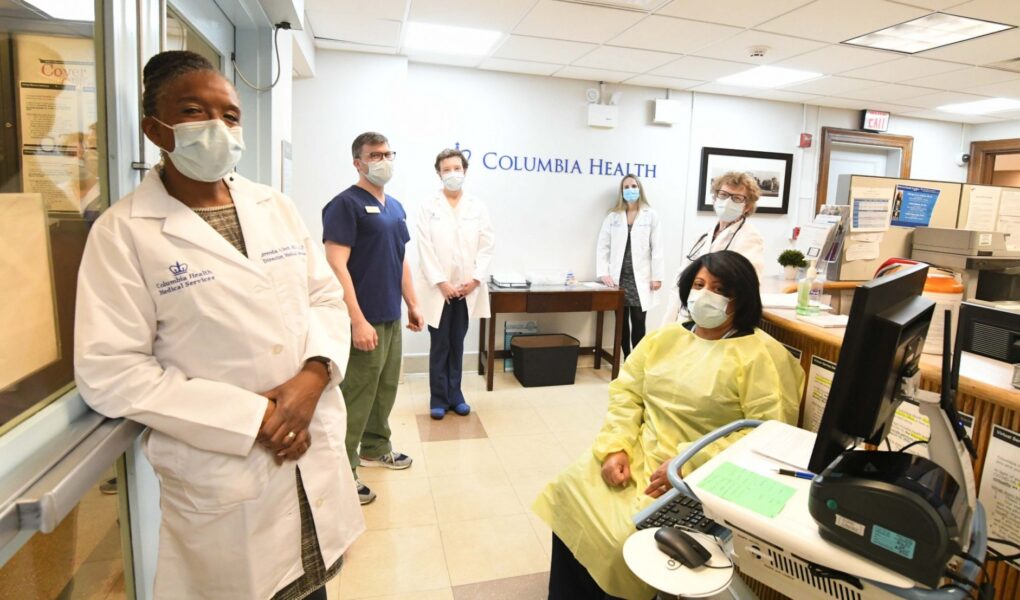Employee satisfaction is an indispensable aspect of organizational success. It is particularly vital in the healthcare domain, where there is a high degree of correlation between employee satisfaction and patient satisfaction. As Gina Temple points out that maintaining high levels of employee satisfaction has been historically a huge challenge in healthcare organizations, and the Covid-19 pandemic particularly shined a bright light on this.
Gina Temple talks about employee satisfaction in the healthcare industry
Like many other industries, the healthcare industry also continues to progress and evolve. In this situation, it becomes vital for leaders and executives in the industry to understand the role of employee satisfaction in patient satisfaction and outcomes, as well as overall organizational success. Due to an aging population and several years of working through a pandemic, healthcare workers already have too much on their plates. Many of them are overwhelmed, cynical and exhausted, which leads to low morale and dissatisfaction. As success in healthcare organizations starts with a satisfied workforce, it is vital to address such concerns.
While healthcare workers are satisfied and happy, they are likely to be more productive and deliver quality care. They are also less likely to leave their jobs, which can save hospitals a good sum of money in turnover expenses. Satisfied employees would also provide better customer service, which boosts the credibility and reputation of the healthcare organizations. Healthcare institutions that prioritize employee satisfaction and invest in their workforce are likely to experience higher staff retention, lower turnover rates, and attract top-notch talent. Additionally, contented employees tend to be more engaged in their roles and contribute positively to the organizational culture.
The healthcare industry is among the most challenging and demanding sectors to work in. Dealing with the constant change, high stress levels and long hours of the industry is not easy. The burnout rates among healthcare leaders and physicians are pretty high. Even though the causes of burnout are several and varied, the effects can be disastrous. Unhappy and exhausted employees can incur significant costs for an organization in terms of lost productivity, high errors and absenteeism. Moreover, exhausted employees in the healthcare domain can cause more issues than financial problems. They can lose their ability to show empathy towards patients and their families, which can hamper the reputation of a hospital.
Healthcare workers have to constantly interact with patients and their families, generally during difficult and emotional times. They should ideally show compassion in such interactions. However, if healthcare workers become disconnected from their work, they are less able to empathize with those they are caring for. This might eventually lead to communication breakdowns, missed opportunities for connection and ultimately hamper the quality of care.
As Gina Temple says, recognizing the significance of employee satisfaction empowers healthcare leaders to cultivate a more favorable workplace atmosphere and enhance organizational outcomes. Establishing a culture of employee contentment requires dedicated effort from leadership and engagement across all organizational levels. It starts with transparent communication from top management regarding the value of employee satisfaction and its direct influence on the organization’s overall performance.




